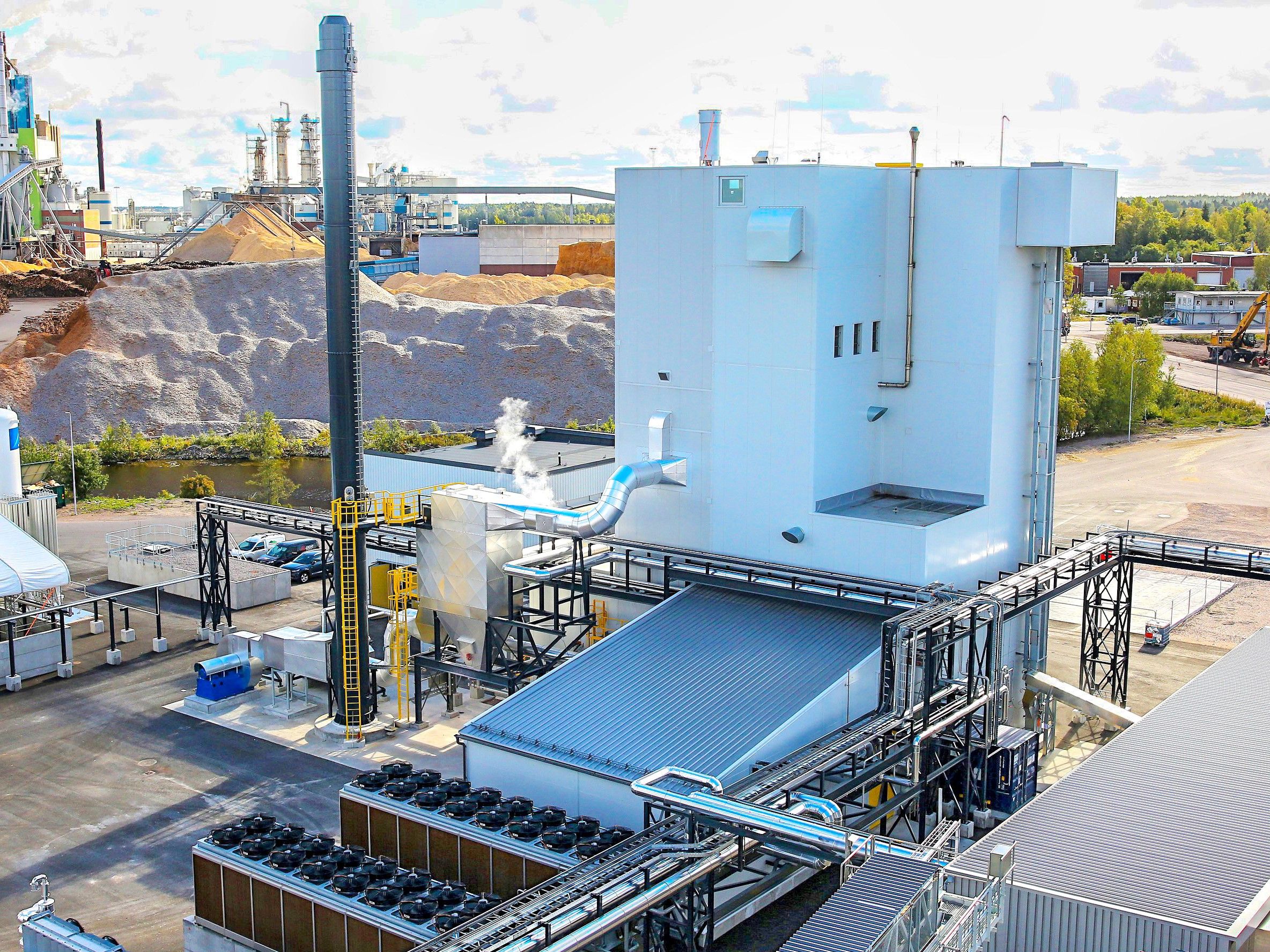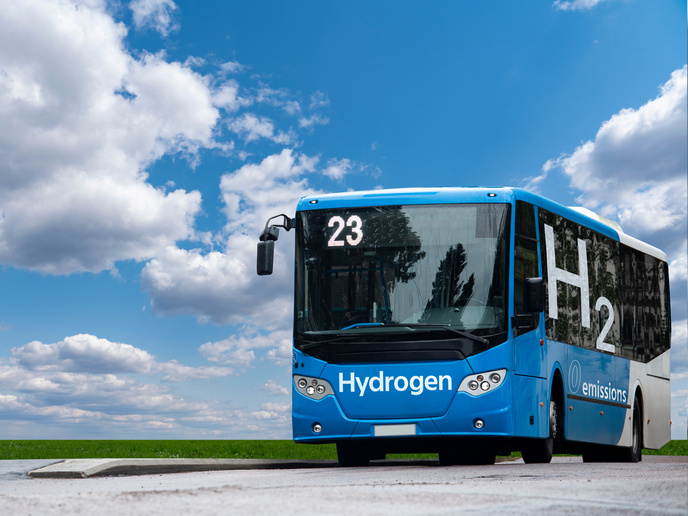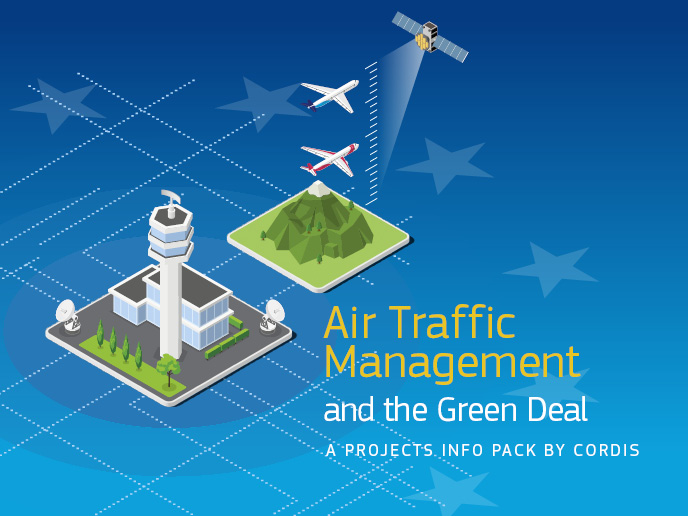Optimised approaches to biofuels production in existing refineries
The transport sector relies on fossil fuels more than any other sector and contributed 37 % of CO2 emissions from end‐use sectors(opens in new window) in 2021. Advanced biofuels are a promising alternative ’drop-in’ fuel that could significantly reduce the carbon footprint of difficult to decarbonise sections of transport. These fuels replace the existing first-generation biofuels with non-food feedstocks. The solid feedstock is liquefied and processed to produce a bio-oil that is refined to yield advanced biofuels. Integrating these processes into existing refineries will play a key role in exploiting the potential of advanced biofuels. It will make use of existing refinery processes and infrastructure, allowing cost-competitive scale-up of fossil fuel alternatives. The EU-funded 4REFINERY(opens in new window) project developed new biofuels production technology for diverse feedstock to facilitate effective and efficient implementation in existing refineries.
Primary conversion of diverse biomass feedstocks into bio-oil
Biomass differs from fossil fuel-based hydrocarbons, particularly in relation to its oxygen content and the fact that it is a solid feedstock. It requires a primary conversion step, liquefaction to a bio-oil, to enable upgrading in existing refineries. The most promising liquefaction routes are fast pyrolysis(opens in new window) and hydrothermal liquefaction(opens in new window) (HTL). According to project coordinator Duncan Akporiaye of SINTEF(opens in new window), “4REFINERY evaluated several approaches to integration with refinery processes to optimise the efficiency and cost of primary conversion of forest residue, eucalyptus and straw using the complimentary fast pyrolysis and HTL technologies.”
Bio-oil to bio-gasoline and biodiesel: coprocessing at existing refineries
Harnessing existing refineries will include co-processing of bio-oil and crude oil. Fluid catalytic cracking (FCC) and catalytic hydrotreating (HDT) are important refinery processes that break down large petroleum fragments into lighter hydrocarbon streams. 4REFINERY explored all the major steps for co-FCC and co-HDT routes to bio-oils in refinery processes. Key findings include that mildly treated pyrolysis oil could be integrated into the co-FCC route, but the co-HDT route required more severe treatment of the pyrolysis bio-liquids. Issues of HTL bio-liquids’ compatibility in the co-processing with straight run gas oil (SRGO) (produced by distillation before further conversion or processing) were found due to solubility issues. However, fractional distillation and use of the heavy distillates enabled complete miscibility in SRGO, suggesting it could still be a promising route for co-processing of bio-oils and fossil fuels.
A tool to help refineries choose optimal processes
4REFINERY demonstrated that the existing fossil-based refinery processes have the potential to be reconfigured to produce advanced biofuels at commercial scale, avoiding the need to build completely new production units. This potential has been realised by project partner BTG Biomass Technology Group, which built a commercial unit in Sweden implementing the concepts developed in the project. In parallel, the consortium and other partners are now working on the scaling up one of the 4REFINERY value chains towards the production of aviation and marine fuels. The project has enabled deeper understanding of the impact of different combinations of biomass feedstock and treatment processes on product characteristics, providing insight into synergetic effects. “4REFINERY was quite unique in that it was able to test a very wide range of alternative value chains, allowing the development of comprehensive models. The results of these studies have been implemented in a tool that can be used by refineries to evaluate the potential of different scenarios,” concludes Akporiaye.







